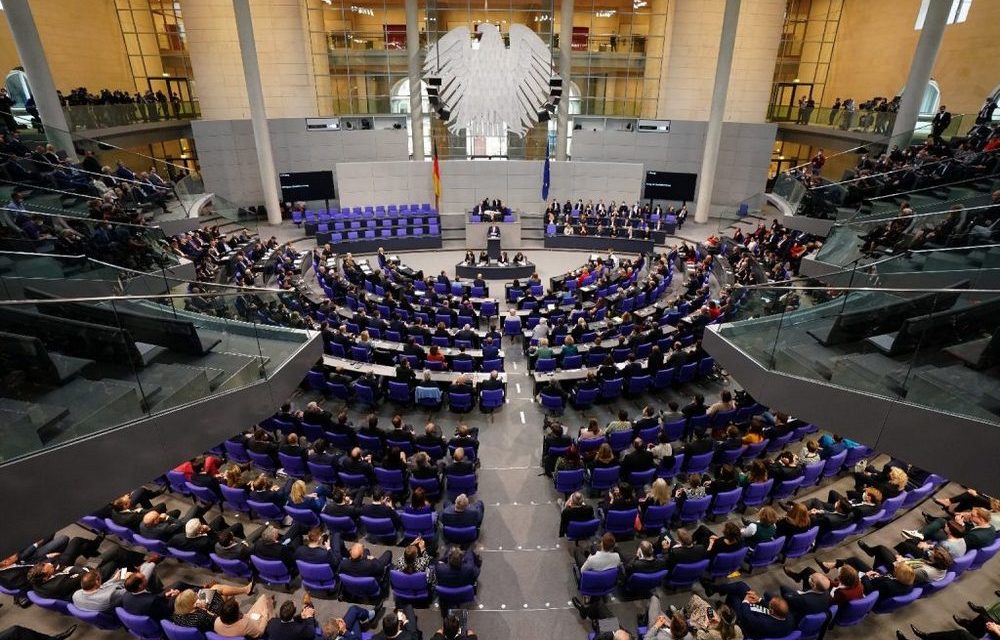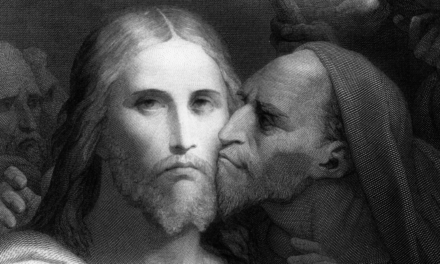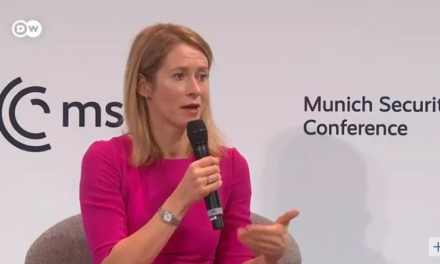Currently, Germany is going through a series of crises, half of which it created itself. Such is the energy crisis and migration. Germany must become an unconditionally multicultural country, to this end the new government has practically canceled the current asylum system, and there are also visible efforts to expand the so-called LGBTQ society. These are deep-rooted attacks that are taking place against civil life represented by the majority, said Roland Tichy, a conservative German opinion leader, to Kossuth Rádió's Vasárnapi Újság program.
He worked as the editor-in-chief of leading German business papers, managed the work of Handelsblatt, Wirtschaftswoche, Impuls and Euro, and had a permanent column in the leading weekend newspaper Bild am Sonntag. In the 1980s, under Helmut Kohl, he was an employee of the Berlin Chancellery. The broad German public got to know him from an economic show on one of the commercial television stations. He is Roland Tichy, who then left the big media concern in 2015 and founded his own online magazine, Tichys Einblick, which is now also published in print and is one of the leading forums for conservative public opinion. He hosts a regular program on a Berlin television channel, and his website is followed by hundreds of thousands. Balázs Náray asked Roland Tichy, the conservative German opinion leader.
– So at the beginning of the year, in your opinion, what are the most important topics in Germany and for you as a journalist and for Tichys Einblick as an opinion magazine? The actions of the new German government?
– I think Germany is currently going through a series of crises, half of which it created itself. Let's start with the big crisis, the world political situation - the case of Russia and Ukraine, which is not unimportant to Germany either. On the one hand, because Ukraine is also a key European country, even if it is not a member of the European Union. On the other hand, Germany has become extremely dependent on Russia for gas deliveries - and this makes it blackmailable, I mean Germany. The second crisis, which the country already owes itself to, is the profound energy crisis. He wanted to get out of nuclear energy and coal-based energy production at the same time, which can only be replaced by gas, but due to the increased demand worldwide, gas prices are rising explosively. Germany already costs the most electricity in Europe, and the price continues to rise. The new government is trying to help this with solar and wind energy, which is a good idea in theory, but - as is well known - Germany is a country mostly located in the north, so the wind blows relatively little and the sun rarely shines. It follows from these that Germany, as an industrial country, has found itself in a profoundly deep crisis.
Just one example: BASF's giant chemical plant in Ludwigshafen uses as much electricity as Denmark's entire wind-based electricity production, and Denmark is in an advantageous position from this point of view, it can build on offshore winds. In other words, the energy crisis could literally tear Germany's economic performance apart.
Another topic to pay attention to is the ever-increasing migration. The new government has abandoned the moderate restraint of the Merkel government in this area. The existing asylum system has been effectively abolished, which means that all refugees living in Germany will have immediate access to social care. In total, it means roughly twice as much as what a Hungarian earns with his work. And this makes the magnetic effect of immigration stronger again, this was already seen at the eastern borders of Poland, where Germany tried behind the backs of the Poles to get the Belarusian border to open.
– This energy crisis is perhaps related to the development of relations with Russia, due to natural gas, and whether Nord Stream 2 will start transporting gas to Germany. Another thing you also mentioned is migration. Is the government guided by ideology in its migration policy, or by some kind of practical considerations?
– Migration is purely an ideology, the government represents - just like its predecessor - that Germany must unconditionally become a multicultural country, a country of immigrants. This includes the fact that it is turning into a colorful society in which the original white population recedes more and more into the background, and this is helped by a number of measures in all areas.
- In your opinion, is the United States floating in the eyes of the government as an example of this multicultural society?
– In some respects, the United States is an example, but we note that the immigration policy of the United States contains very strict rules. This is one thing, and the other is that the immigrant coming to the United States is dependent on his own manual labor, while, on the other hand, the immigrant to Germany immediately becomes entitled to health and pension insurance for himself and his family, as well as housing.
In other words, Germany isn't looking for workers, it's looking for users of its welfare system, in the hope that those people will work someday - sometime in the future.
This is a purely ideological matter, with deep-rooted prejudices behind it, linked to racism, namely the self-image that the German is a lousy people, still carrying the past of Auschwitz and National Socialism, and therefore its population must be dissolved by North African and Asian immigration. through
– If I read one of the latest front pages of Tichys Einblick, it says "The Great Transformation: Government against the Majority". Is this the best summary of the political and social challenges?
– Yes, and since the population is not really aware of the phenomena we have talked about so far, additional dangers arise. First of all, this is persistent inflation, which means nothing more than the destruction of people. Added to this are further transformations encouraged by the new government, especially the liberal FDP.
Namely, it is about broadening the idea of "marriage for everyone". Plural marriage should become possible, so that someone can have three wives or four husbands. There are also strong efforts to expand the so-called LGBTQ society, in which in the future a 14-year-old child can decide for himself, without the advice of his parents, whether to undergo gender reassignment surgery. This carries a huge risk, since a 14-year-old child is going through puberty, which is the period of sexual orientation. And at this age, many, many wrong decisions can be made, which can make whole lives unhappy.
These are just a few of the extreme examples in which the government is working hard. In recent days, a so-called queer commissioner was appointed, whose task it is to arbitrarily and self-interestedly steer ideas about sexuality in a specific direction. And this is one of those deep-rooted attacks that are taking place against the civil life represented by the majority. Many other contradictions also arise from this, which can be seen, for example, in the epidemic management policy. A total of hundreds of thousands protest in hundreds of cities every day, mainly against the crown regime, as the government calls it. At the same time, they also object to the restriction of fundamental rights. Germany has decided to more or less give up its basic law and replace it with state decrees, so that the basic rights can be placed at the disposal of the state at any time. In other words, there is no longer what protects the citizen against the state.
– If we are also talking about your magazine Tichys Einblick, what is the basic philosophy of the magazine that you founded in 2014? Facts - that's what he used to mention.
– We define ourselves as a liberal conservative magazine, a liberal conservative website. We believe that liberalism is needed in the economy, as Ludwig Erhardt brought it to success in Germany at the time, applying the principles of competition and market economy. We also believe that the focus of a conservative social policy is one's own and individual responsibility, family and civic life, which complements the economy. We are in direct opposition to this idea with the federal government and its mass media.
– Are there channels through which conservative ideas can be brought to people?
– Yes they exist. What can be established is that the state broadcasters, as well as the print media close to the state, are largely losing their credibility.
In a recent poll, we read that 70 percent of people no longer believe the news they see on television, and the process is accelerating.
Meanwhile, it is becoming more and more obvious that the reality imagined from Berlin, as it is portrayed in the state media, does not match the reality experienced in life, said Roland Tichy in the end.
Source: hirado.hu
Photo: The inaugural session of the new German federal parliament (Bundestag) in Berlin on October 26, 2021. Photo: MTI/EPA/Clemens Bilan












